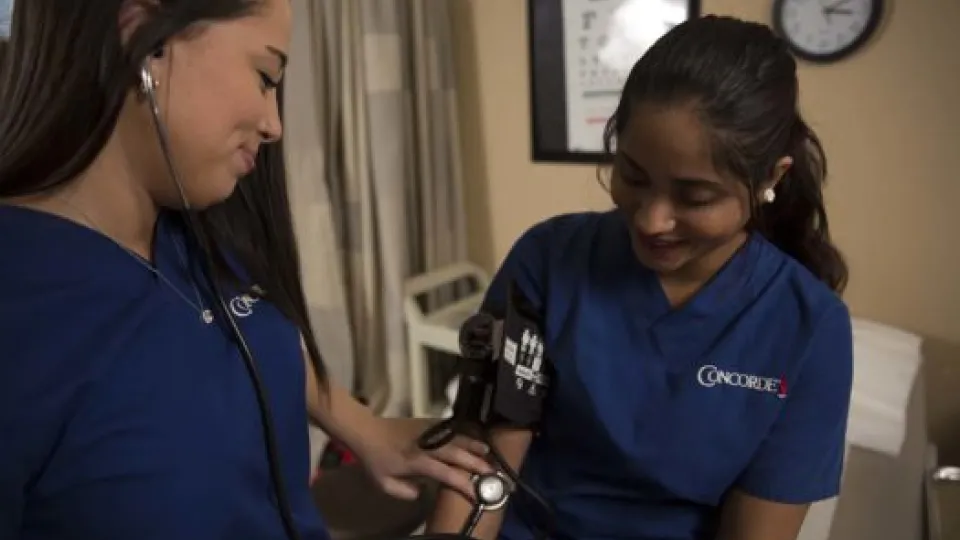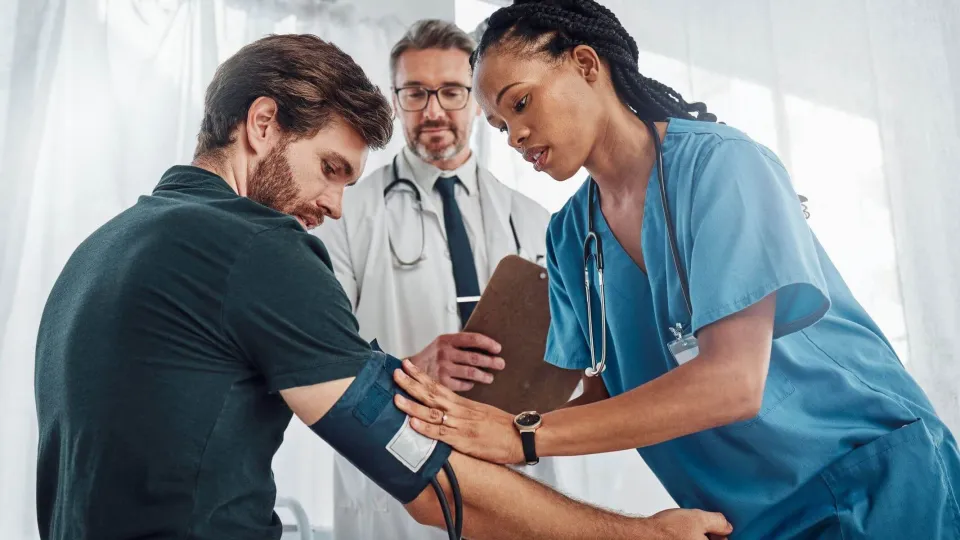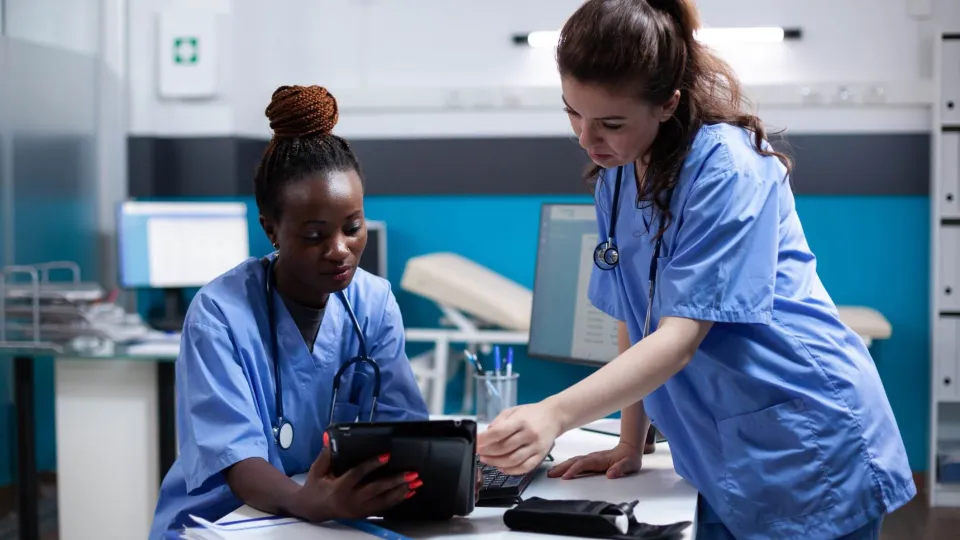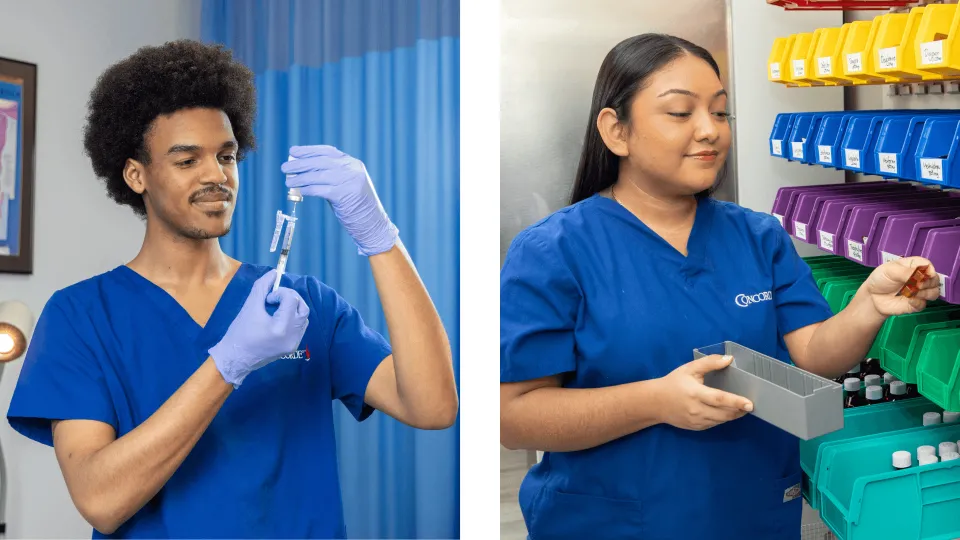
A medical Assistant is an important part of a patient-centered medical team consisting of physicians, nurses and other medical personnel.
Medical Assistants complete both administrative and clinical tasks in the offices of physicians, hospitals and other health care facilities. Their duties vary with the location, specialty, and size of the practice. Nearly 85 percent of all Medical Assistants work in private physicians' offices. They also work in hospital settings, elder care, and hospice care, among other settings.
The list of tasks for Medical Assistants is long and varied. To narrow the focus a bit, however, we asked a couple of our resident expert Medical Assistant Program Directors to give a shortened list of the top typical duties of Medical Assistants.
Here's what they came up with.
Top 5 duties for Medical Assistants in most medical practices
Michael Meyer, Director of Concorde Medical Assistant Programs in Orlando, FL, listed his top five typical duties for Medical Assistants in most medical practices:
Rooming the patient
This involves doing the vital signs, bringing the patient into an exam room and documenting the chief complaint and vital signs on the record prior to the physician's arrival.
Doing lab, medical tests or X-rays as requested by the attending
This would include phlebotomy to obtain blood for the lab, collecting swabs or slides obtained and preparing them for the lab or even doing basic machine operator duties to obtain a chest X-ray or similar studies.
Administering therapies
Giving flu shots, antibiotic injections or preparing injections for the physician to administer, assisting with physical therapies and minor surgery assistance.
Prescription verification, preparation and education
This is done prior to the patient leaving for the pharmacy, knowledge of the medication, amount, dosage and preparations are needed for this task as well as charting in the electronic medical record.
Back up for the front desk
This might involve scheduling, chart management, documentation on bills, assistance with referrals and managing the incoming calls to the office.
More typical duties for Medical Assistants
Francess Hawkins, Director of Concorde Medical Assistant Programs in Kansas City, MO, suggested similar and other duties in the clinic:
- Take vitals (blood pressure, temperature, respiration, pulse, height, weight)
- Patient intake (gathering pertinent information for the visit, health history, current problem, allergies, medications)
- Prior authorizations of medications and testing
- Set up referrals to other facilities and doctors
- Call in medications to the pharmacy
- Scheduling of future appointments
- Call patients with lab and testing results once they have been seen by ordering physician.
"These are just a few of the tasks that Medical Assistants are responsible for on a daily basis," Hawkins said.
If these are tasks and daily duties that seem interesting and enjoyable to you, check out the Medical Assistant programs page for more information about the field and our program, or contact a representative at one of our Concorde campuses.
Interested In How To Become a Medical Assistant?
Click here to explore Medical Assistant programs near you!
Take The Next Step Towards a Brighter Future
Interested in learning more about our Medical Assistant program?
We have a Concorde representative ready to talk about what matters most to you. Get answers about start dates, curriculum, financial aid, scholarships and more!







